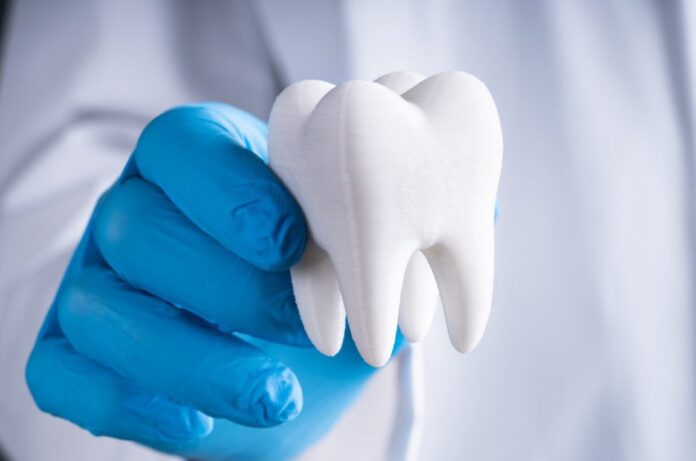Our wisdom teeth often become the source of pain, confusion, and stress. Oftentimes referred to as “third molars,” wisdom teeth can be difficult to understand due to all of the common myths and rumors circulating around them.
Without the right information, many people are left with limited knowledge when it comes to dealing with their oral health.
In this blog post, we will debunk these common myths while uncovering the truth behind wisdom teeth so that you can better understand your own situation and make informed decisions regarding your care.
What Are Wisdom Teeth and Common Myths Surrounding Them?
Wisdom teeth are the last set of molars that grow at the back of the mouth. They usually appear in their late teens or early twenties, but not everyone will have them.
Despite this, there are many myths that surround wisdom teeth; they’re thought to be associated with intelligence and can even bring on good luck.
However, these beliefs are unfounded, and instead, wisdom teeth can cause a host of problems such as overcrowding and difficulty cleaning, which can lead to decay or infection.
In some cases, wisdom teeth may also become impacted and require removal by a dentist or oral surgeon.
It’s important to know the facts about wisdom teeth so that you can make an informed decision about whether or not you should keep them or if it is best for your oral health to have them removed.
Debunking Myth 1: When Should Wisdom Teeth Be Removed?
Generally speaking, dentists recommend removing wisdom teeth between the ages of 17 and 21, as this is when they start to come through, and can still be reached easier than if removal were attempted at an older age.
However, it’s important to note that determining whether or not you should have your wisdom teeth removed will depend on your individual circumstances and should be discussed with your dentist.
Debunking Myth 2: Is It Necessary to Remove All Wisdom Teeth?
The short answer to whether it is necessary to remove all wisdom teeth is no. In fact, it’s not even necessary to remove any of them.
Wisdom teeth usually only need to be removed if they are impacted, which occurs when the tooth does not have enough room in the jaw for normal eruption.
If there is enough space for the wisdom teeth to erupt normally and without causing any problems, then removal is not necessary.
However, it’s important to consult with a dentist or oral surgeon to determine what’s best for each individual patient and their particular situation.
Debunking Myth 3: Can Wisdom Teeth Be Left Alone?
The simple answer to the question, “Can wisdom teeth be left alone?” is no. Wisdom teeth can cause a great deal of pain and discomfort as they emerge, and leaving them untreated can lead to several complications, such as infection, damage to nearby teeth and bones, cysts, and tumors.
It’s important to get them removed if they cause problems. In some cases, wisdom teeth may not need to be extracted if they are in the right position and don’t cause any issues.
Wisdom tooth removal is a difficult decision to make, and it should not be taken lightly. It is important to consider all of the risks, benefits, and alternatives before making your final decision.
First, you should research the procedure, including any potential complications or side effects. It may also be beneficial to consult with an oral surgeon or your dentist to get their opinion on the best course of action for your specific situation.
Additionally, make sure that you understand both the short-term and long-term implications of having your wisdom teeth removed. Talk to friends or family members who have gone through the process so that you can better understand what to expect from the experience.
Finally, if you are still unsure about whether or not wisdom tooth removal is right for you, talk with a qualified medical professional in order to get personalized advice based on your individual circumstances.
Making an informed decision about whether or not to remove your wisdom teeth is essential in ensuring that you get the care that is right for you.






